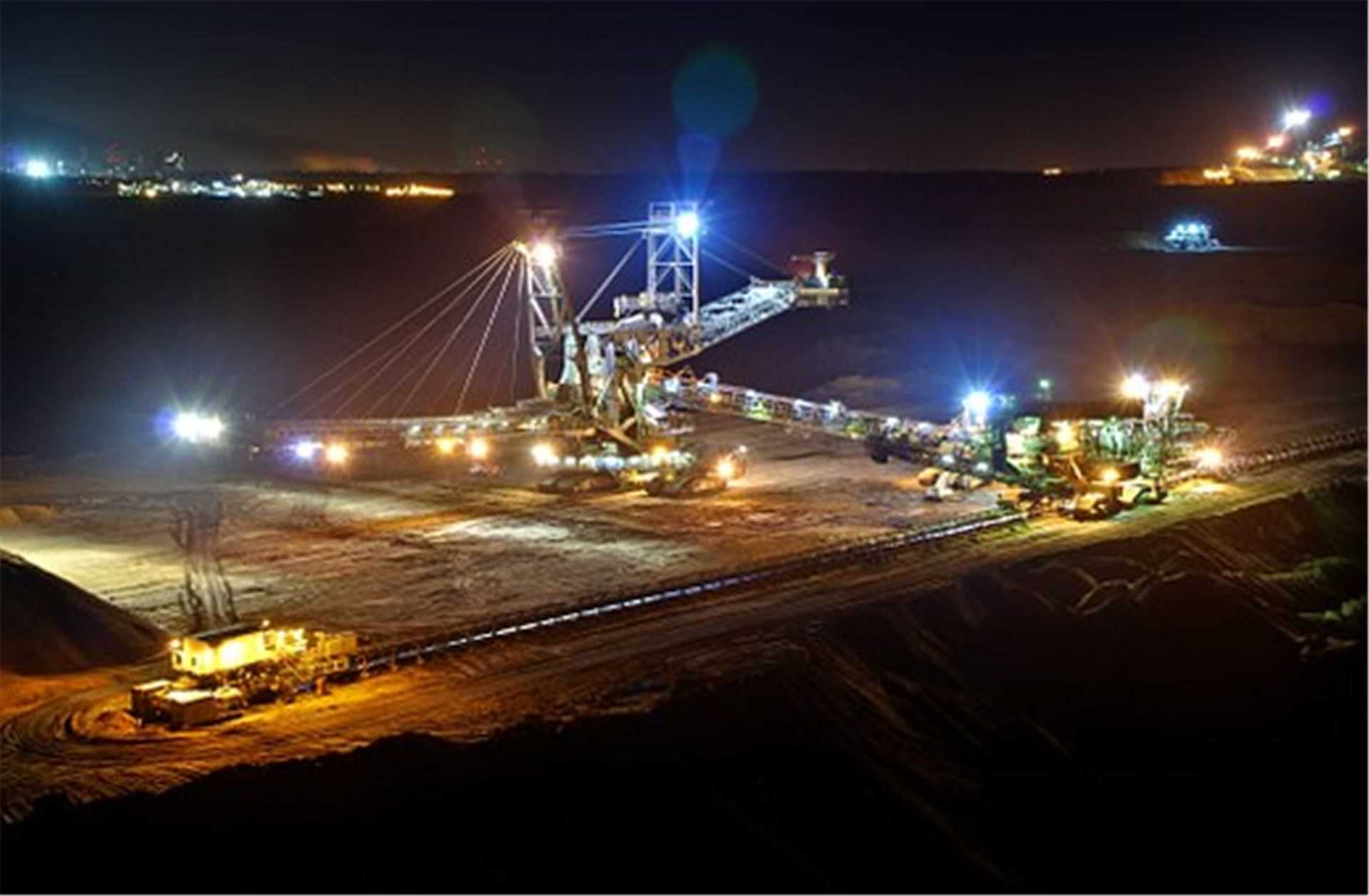The South African mining industry continues to receive much attention, and the recent media noise following the safety challenges within the sector is no different. This attention of the last year has focused on the growing safety concerns in mines, and rightly so, given the rise in number of deaths within mining in the past year. Without a doubt, safety must continue to top the agenda of discussions.
Of course, this industry has undertaken a multitude of interventions, all aimed at making mines a safer environment for workers. While there is arguably no way to avoid certain incidents that lead to injuries, or fatalities, the increase in the number of deaths is still alarming – placing the laws that regulate health and safety within this sector in the spotlight. “This has resulted in mounting pressure on mining companies to not only ensure that all operations comply with the highest standards of health and safety measures – but that mine workers perform in their roles, safely,” said Michelle Baron-Williamson, CEO of Managed Integrity Evaluation (MIE).
Given the high risk of the mining environment, one of the key areas that should be considered by mining companies is ensuring that their employees are correctly qualified to meet their job roles. “Due to the high unemployment rate in South Africa, we have identified that many industries face the challenge of qualifications being misrepresented or being overall fraudulent. Therefore, it is important, especially for high risk environments, to ensure that employees are qualified to manage, and cope with, the safety risks that exist in the industry,” added Baron-Williamson.
Barron-Williamson further indicated that in the future, where digital transformation is set to see technologies such as autonomous fleets becoming more prevalent in this sector, that the skills demand will likely shift and add more pressure to the growing skills gap experienced in South Africa. “We have realised that the high skills gap often puts candidates under pressure to misrepresent their qualification, which ultimately calls for the importance of background screening – especially in an industry where there is simply no room for error.”
This should point mines in the direction of undertaking the necessary processes to verify and check qualifications of existing and prospective candidates, as an effort to curb the risk of having candidates without the know-how of managing risk situations. “Our research and market experience has recognised that misrepresentation and fraud of qualifications remains high when compared to other background screening checks,” explained Baron-Williamson. “One can only imagine what it could mean should safety officers, or high-risk underground teams, for example, were to be found to be under qualified. Besides the potential risk to the business delivery, it could have harsh implications on the lives of others.”
In employing just under half a million people, mining will always remain a key sector for the South African economy, and therefore is a sector that needs to continue to take the verification and certification of its employers seriously.
“We understand that far more robust risk management is often a key predictor of business success, especially in the complex, competitive and highly regulated operating environments that exists in mining. Knowing more about the prospective candidates a company employs is crucial to ensuring that every worker is suitably qualified, experienced and has been appropriately vetted for the role they will fulfil,” concluded Baron-Williamson.
